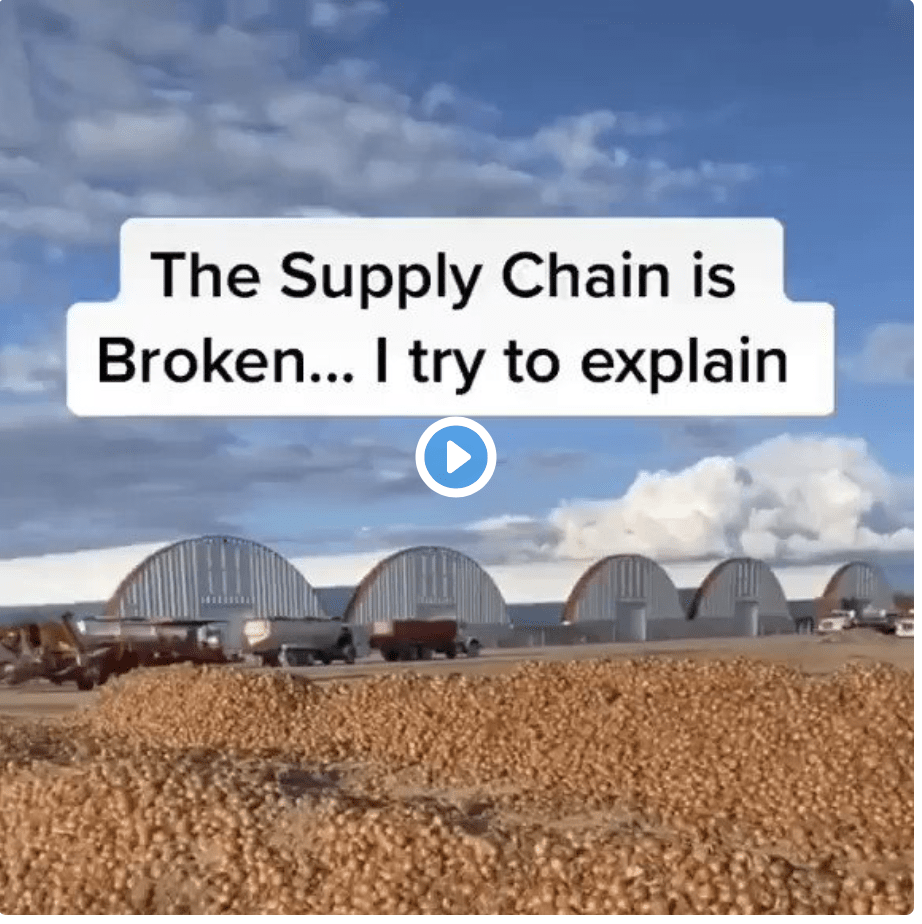This is such a waste. It’s sad. pic.twitter.com/2oUgCKC07G
— Cassandra Fairbanks ?⏳ (@CassandraRules) April 27, 2020
Let’s Dump FDA regs NOT food
Two cattle-raising lawmakers, Representative Thomas Massie (R-KY) and Representative Chellie Pingree (D-ME) re-introduced the PRIME (Processing Revival and Intrastate Meat Exemption) Act to make it easier for small farms and ranches to serve consumers. The PRIME Act (H.R. 2859/S. 1620) would give individual states freedom to permit intrastate distribution of custom-slaughtered meat such as beef, pork, or lamb to consumers, restaurants, hotels, boarding houses, and grocery stores.
“Consumers want to know where their food comes from, what it contains, and how it’s processed. Yet, federal inspection requirements make it difficult to purchase food from trusted, local farmers,” said Rep. Massie, who owns 50 head of cattle. “It is time to open our markets to give producers the freedom to succeed and consumers the freedom to choose.”
“In order for local farms to compete, they need scale-appropriate regulations. It’s not realistic to ask a local farmer in Maine to drive hours to get to a USDA-inspected processing facility and turn a profit,” said Rep. Pingree, who has been an organic livestock farmer for nearly 40 years. “The PRIME Act will help change federal regulations to make it easier to process meat locally—helping farmers scale up and give consumers what they so clearly want.”
Current law exempts custom slaughter of animals from federal inspection regulations, but only if the meat is slaughtered for personal, household, guest, and employee use (21 U.S.C. § 623(a)). This means that in order to sell individual cuts of locally-raised meats to consumers, farmers and ranchers must first send their animals to one of a limited number of USDA-inspected slaughterhouses. These slaughterhouses are sometimes hundreds of miles away, which adds substantial transportation cost, and also increases the chance that meat raised locally will be co-mingled with industrially-produced meat. The PRIME Act would expand the current custom exemption and allow small farms, ranches, and slaughterhouses to thrive.
Massie, a rancher, owns 50 head of cattle on his off-the-grid farm in northeast Kentucky. Pingree raises grass-fed beef and chickens on her island farm in North Haven, Maine.
Thank you to @WarrenDavidson and @replouiegohmert for signing on today! If you are in their districts please make sure to thank them too! https://t.co/y9TnHZv3Lv
— Thomas Massie (@RepThomasMassie) April 27, 2020
